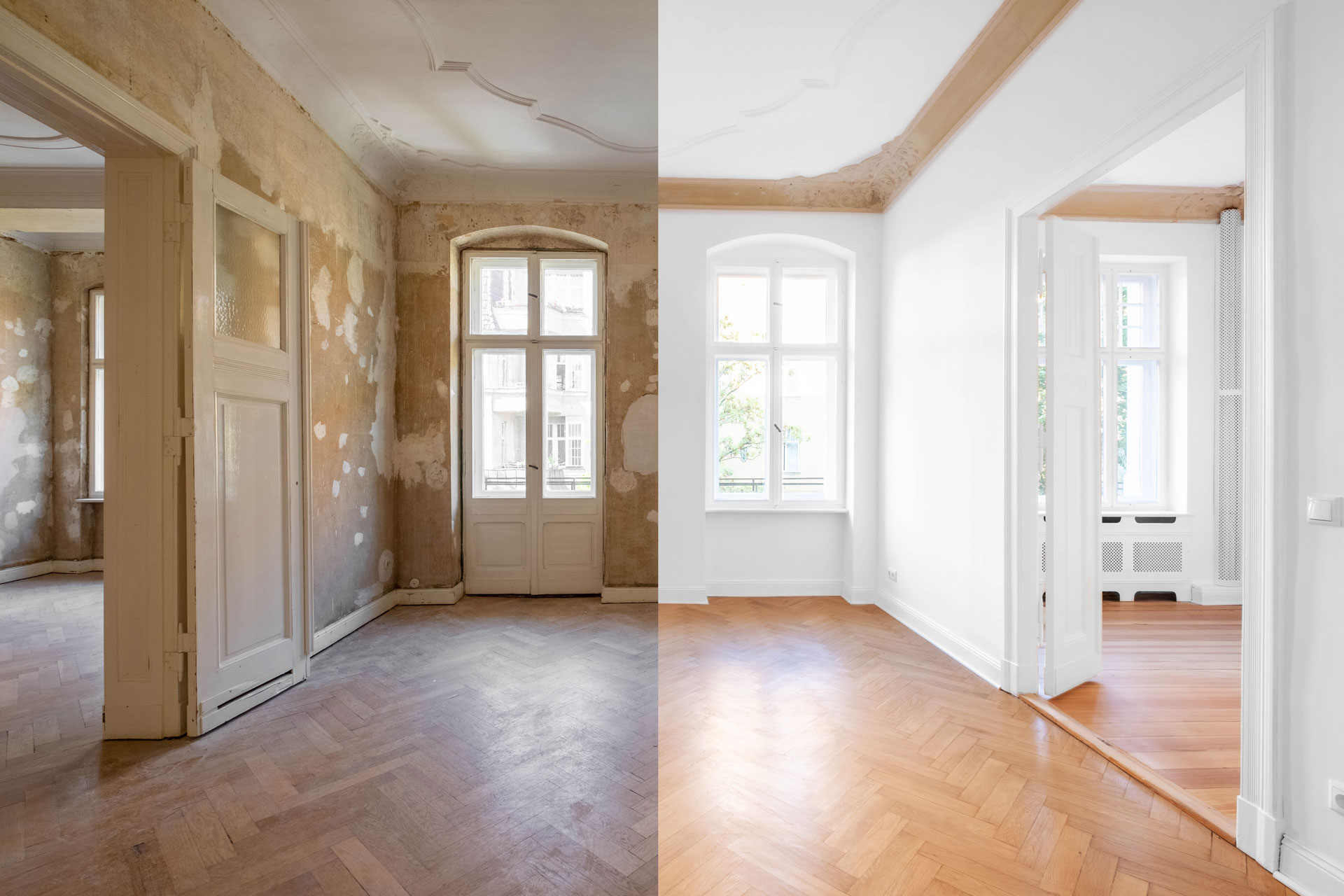In the realm of real estate investments, financing choices carry significant weight in the decision-making process. When contemplating property acquisition in Spain, one common financing avenue that comes to mind is securing a mortgage. However, we do not vehemently oppose the idea of obtaining a mortgage in Spain, but we approach it with caution and discretion. In this article, we will present a balanced perspective, outlining key considerations and potential drawbacks that might lead us to not recommend this route for prospective property buyers in this region.
- Hidden Costs and Fees
Mortgages, while providing a convenient path to property ownership, often conceal a series of costs and fees that warrant thorough examination. These can encompass:
- Interest Rates: Spanish mortgage interest rates can fluctuate, subject to the lender and economic conditions. Therefore, it’s vital to assess potential variations in the overall cost of the mortgage throughout its term.
- Bank Fees: Banks commonly impose various charges for mortgage origination, setup, and early repayment. These fees can accumulate, influencing the total expense of the mortgage.
- Mortgage Broker Fees: Engaging a mortgage broker for assistance in finding the best mortgage deal typically involves incurring additional fees, which can range from modest sums to substantial amounts.
- Currency Exchange Risks
Securing a mortgage in Spain typically means dealing with a Spanish bank, resulting in the mortgage being denominated in euros. While this might seem straightforward, it introduces a significant risk factor for foreign buyers whose income isn’t in euros. Fluctuations in exchange rates can lead to unforeseeable increases in mortgage repayments, potentially posing financial strain.
- Legal Complexities
Negotiating the legal aspects of obtaining a mortgage in Spain can prove intricate and time-consuming. Understanding Spanish mortgage laws, contractual terms, and local regulations is essential. Failure to fully grasp these legal nuances might lead to unfavorable terms or potential legal entanglements in the future.
- Repayment Period
Spanish mortgages often come with extended repayment terms, surpassing those found in some other countries. It’s not unusual to encounter mortgages with durations of 20, 25, or even 30 years. While this may result in lower monthly payments, it also signifies a longer commitment to mortgage repayment, potentially constraining financial flexibility.
- Impact on Property Purchase
Opting for a mortgage can also influence your capacity to negotiate the purchase price of a property. Sellers frequently prefer cash buyers or those capable of swiftly finalizing transactions without the complexities of mortgage approvals. This may place mortgage-dependent buyers at a disadvantage when seeking to secure their desired property.
- Alternative Investment Opportunities
One significant reason to exercise caution rather than fervently endorse obtaining a mortgage in Spain pertains to opportunity cost. By avoiding the allocation of capital to a mortgage, you retain the ability to explore alternative investment avenues. Whether diversifying investments or pursuing other ventures, maintaining financial flexibility can confer a substantial advantage.
In conclusion, while we do not vehemently oppose the idea of getting a mortgage in Spain, particularly in the Valencian region, we approach it with circumspection. Hidden costs, currency exchange risks, legal complexities, and protracted repayment periods associated with Spanish mortgages can sometimes outweigh their advantages.
Instead, we recommend considering alternative financing strategies, such as leveraging existing assets seeking financial advice to facilitate a cash purchase, or securing the mortgage in your home country. This approach can provide enhanced financial flexibility, mitigate potential risks, and enhance your capacity to negotiate more favorable property transactions in Valencia.
Exploring an Alternative: Securing Your Mortgage in Your Home Country
In the world of real estate investment, choosing the right financing option is paramount to the success of your property venture. While obtaining a mortgage in your host country, such as Spain, is a common choice, there’s an alternative strategy worth considering securing your mortgage in your home country. We recognize that while it’s not our primary recommendation, this alternative approach warrants thoughtful consideration. In this article, we’ll delve into the details of this strategy, highlighting its potential benefits and explaining why it can be a viable option for prospective property buyers in Spain.
Why Secure a Mortgage in Your Home Country?
- Familiarity with Home Country’s Mortgage Landscape: One compelling reason to explore this option is your familiarity with your home country’s mortgage market. You may have existing relationships with local banks or financial institutions, providing you with insights and advantages that can simplify the mortgage application process.
- Stability of Currency: By securing your mortgage in your home country, you avoid exposure to currency exchange risks. Your mortgage will be denominated in your home currency, providing stability and predictability in your repayment obligations, even if your income primarily comes from a different currency.
- Legal Familiarity: Navigating the legal complexities of obtaining a mortgage can be more straightforward when you’re dealing with institutions and regulations you’re already familiar with. This can lead to a smoother and more transparent transaction.
- Potentially More Favorable Terms: Depending on the economic conditions in your home country, you might have access to more favorable mortgage terms, including lower interest rates or more flexible repayment options. This can lead to long-term cost savings.
Key Considerations
While securing a mortgage in your home country offers several advantages, it’s essential to consider certain factors carefully:
- International Property Laws: Ensure that you’re well-versed in the property laws of both your home country and the country where you’re purchasing property, such as Spain. Different legal systems and regulations can impact your property ownership rights and responsibilities.
- Foreign Property Purchase Process: Familiarize yourself with the property purchase process in your host country. Understand the local laws, taxes, and fees associated with property transactions to ensure a smooth and legally compliant acquisition.
- Currency Exchange Risks: While securing your mortgage in your home currency eliminates currency exchange risks, it’s essential to be aware of any potential fluctuations in your income currency that could impact your ability to make mortgage payments.
In conclusion, while securing a mortgage in your home country isn’t our primary recommendation, it represents a valid and viable alternative worth exploring when purchasing property in a foreign land like Spain. The familiarity with your home country’s mortgage market, stability in currency, legal knowledge, and potentially favorable terms can make this option attractive.
However, it’s crucial to tread carefully and conduct thorough research to ensure that you fully understand the implications, both legal and financial, of securing a mortgage from your home country for a property investment abroad. By doing so, you can make an informed decision that aligns with your investment goals and minimizes potential risks.
At Livin’Valencia Real Estate Advisors, we strive to provide comprehensive guidance to property buyers, empowering them to make the best choices for their real estate investments. Whether you choose to secure a mortgage in your home country or explore other financing avenues, we are dedicated to facilitating your property investment journey with transparency, expertise, and integrity.




